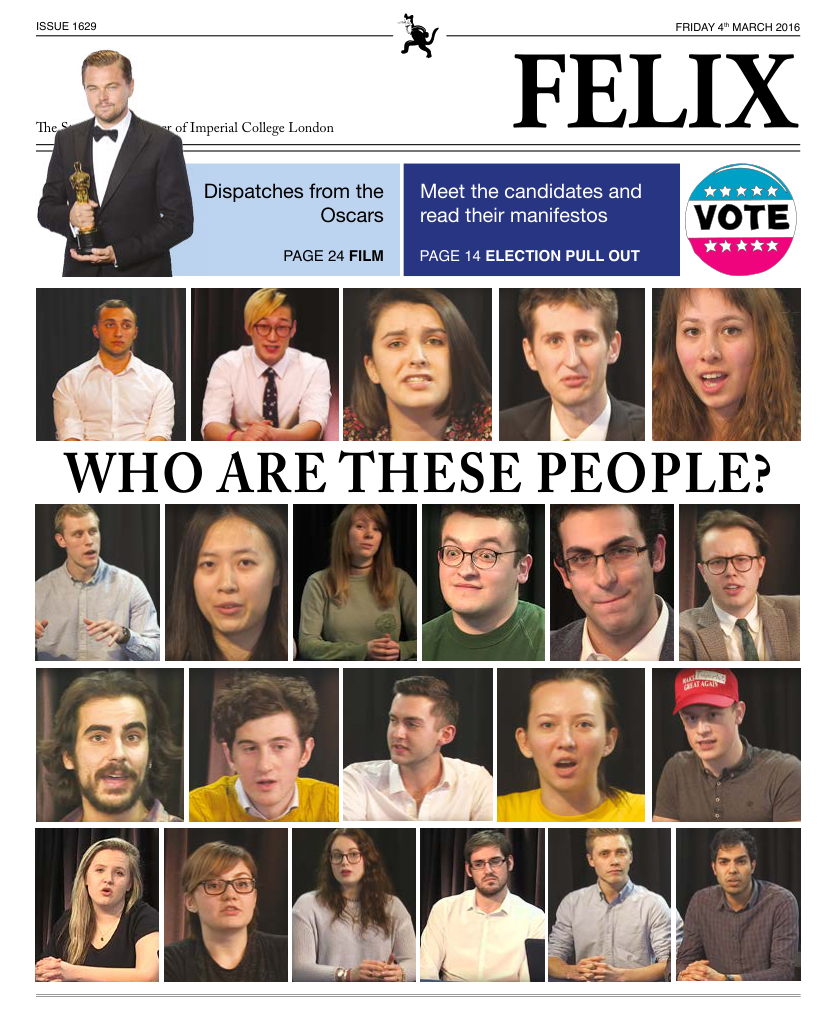Science & the City
Our regular science column
Despite huge changes since the 19th century, there is still an uneven playing field for women in STEM (science, technology, engineering, and maths).
Recently the Academy of Sciences in South Africa found that globally, women make up less than 12% of the membership of the influential bodies of science academies. This number is lower in the UK; women make up only 6% of the membership at the Royal Society; contrast this to many countries who have less historically established institutes and scientific societies, like Guatemala or Ghana, but have double the rates of female membership at 12% and 11% respectively.
Somehow through the course of education and employment, women are rapidly losing their footing in STEM fields.
WISE - Women In Science, Engineering and technology – is a UK organisation looking closely at these dynamics. In 2014, they found an equal gender ratio of students at the GCSE level, but girls outperformed boys in almost every single STEM subject. At the A-levels, the gender ratio begins its skewed trajectory with fewer female students, although they still continue to outperform boys.
In further education, numbers of women are currently increasing in apprenticeships, vocational qualifications, and academia, but gender ratios still lag behind. These also vary greatly by field, with ratios of women as low as 2.6% in qualifications for construction, planning, and built materials.
At the level of employment, the numbers still show the same trend, with less than 13% of workers in STEM fields being women. So it should be no surprise that by the time women are in a position to become members of the Royal Society, the ratio is skewed at just 6%.
These numbers are telling of an inverted pyramid with numerous glass ceilings for women progressing through the course of an academic career. If we all start out equal, it’s more than worth a ponder as to why women are not progressing as far and as often up the STEM career ladder as men.







